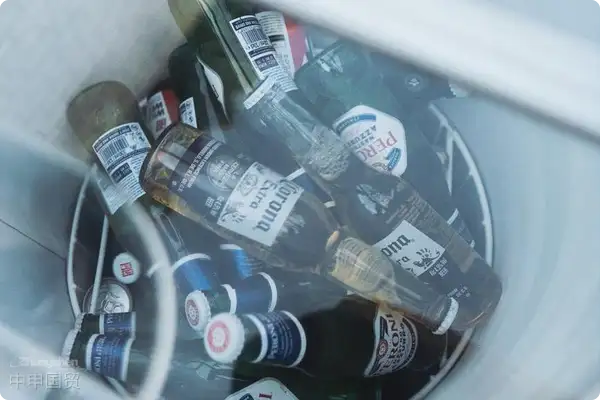- Shanghai Zhongshen International Trade Co., Ltd. - Two decades of trade agency expertise.
- Service Hotline: 139 1787 2118

When craft beer meets customs regulations
Last year we handled a case of returned Belgian abbey beer - $200,000 worth of goods were stuck at the port due to missing Chinese back labels, generating thousands of dollars in demurrage fees daily. This real case reveals a harsh reality:Beer import is not simple commodity trading, but precise control of trade rules.
Three special characteristics of beer import
- Countdown to expiration date: Most craft beers have only 6-12 months shelf life, logistics delays may render goods worthless
- The Fragile Journey of Glass Bottles:Maritime TransportationVibration breakage rate can reach 3%-5%, packaging method determines cost structure
- The Russian Doll of Tariffs: Multi-layered differences with normal rate 50%, MFN rate 20%, FTA rate 0%
Complete Import Process Pitfall Guide
| Stage | Key actions | Common errors |
|---|---|---|
| Qualification Preparation | Food Business License + Imported Food Record Filing | Confusing circulation license with production license |
| Customs Clearance Procedures | It is recommended to verify through the following methods:+ Sanitary Certificate + Filling Proof | Failed to confirm beer type tariff code in advance |
| Logistics solution | Constant-temperature container + Shockproof packaging | Choosing non-direct shipping routes to save freight costs |
Practical Analysis of Frequent Issues
- Q: Must the import license be processed by myself?
Beer belongs to prepackaged food, can be entrusted to qualified importer as consignee, but must specify cargo ownership in contract - Q: How to handle near-expiry products?
Pre-arrangement with overseas breweries: batches past half shelf-life automatically convert to spot goods at special prices - Q: How to control return shipping costs?
Recommend purchasing special cargo damage insurance, premium about 1.2% of cargo value, can cover 70% of return shipping losses
Real-world tariff calculation
Taking imported German dark beer as example (HS code 22030000):
CIF price $100,000 × MFN rate 20% + Value - added tax is 13% = Total tax $33,800
If failing to update FTA rate timely, may overpay 50% tariff, this detail difference could completely erode all profits.
Real case of return shipment alert
Spanish fruit-flavored beer imported by a merchant failed customs random inspection due to alcohol content labeling error:
1. Day 3: Received inspection notice
2. Day 7: Issued non-compliance report
3. Day 15: Completed return shipment declaration
Additional costs generated throughout the process include:
- Port demurrage: $150/day×15 days=$2,250
- Inspection fee: $800/batch
- Document rework: $500
Total loss exceeding 15% of cargo value, this precisely demonstrates the value of professional customs declaration services.
Core evaluation points for choosing agents
- Whether possessing specialized alcohol import qualifications
- Customs AEO certification level
- Proportion of craft beer in cooperation cases
- Whether providing full-chain traceability system
Standing at the port watching containers being hoisted, I often recall what my mentor said when I entered this field: Beer import is a business racing against time, but running fast is not as good as running steady. When you hold this pitfall-avoidance guide, perhaps youll understand:True professionalism means turning complex processes into deterministic service commitments.
Related Recommendations
? 2025. All Rights Reserved. Shanghai ICP No. 2023007705-2  PSB Record: Shanghai No.31011502009912
PSB Record: Shanghai No.31011502009912










